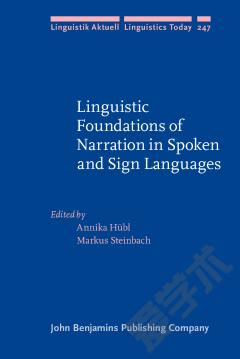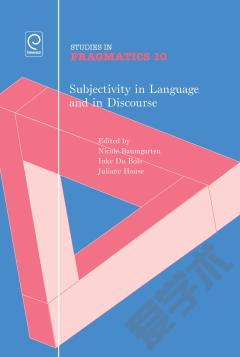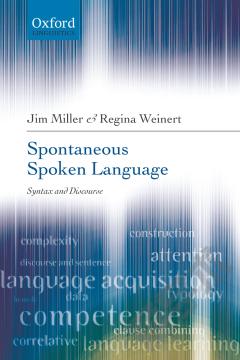Linguistic Foundations of Narration in Spoken and Sign Languages
This volume explores a pivotal period in European history, the ‘long’ nineteenth century. Politeness scholars have suggested that the nineteenth century heralds a significant transition in the meanings and realisations of politeness, between the Ancien Régime and the contemporary period, with the rise of the middle classes as economic, political, social and cultural actors.The central innovation of this volume consists in its use of a wide range of politeness metasources — grammar books, schoolbooks, conduct books, etiquette books, and letter-writing manuals — to access social norms. This interdisciplinary approach, which draws on historical linguistics, argumentation theory, appraisal theory and literary stylistics, is applied to a wide range of languages: English, including Scottish and business English, Italian, Spanish, West and South Slavic languages.As a highly coherent collection of innovative research papers, the volume will be welcomed by researchers of (im)politeness, pragmatics and sociolinguistics, both from a historical and contemporary perspective.
{{comment.content}}








 京公网安备 11010802027623号
京公网安备 11010802027623号